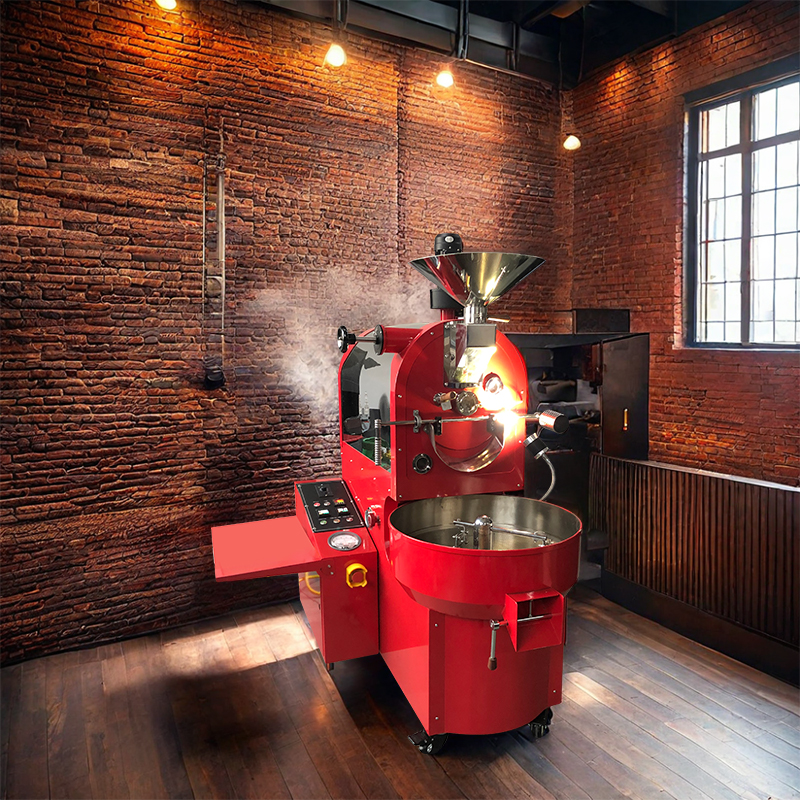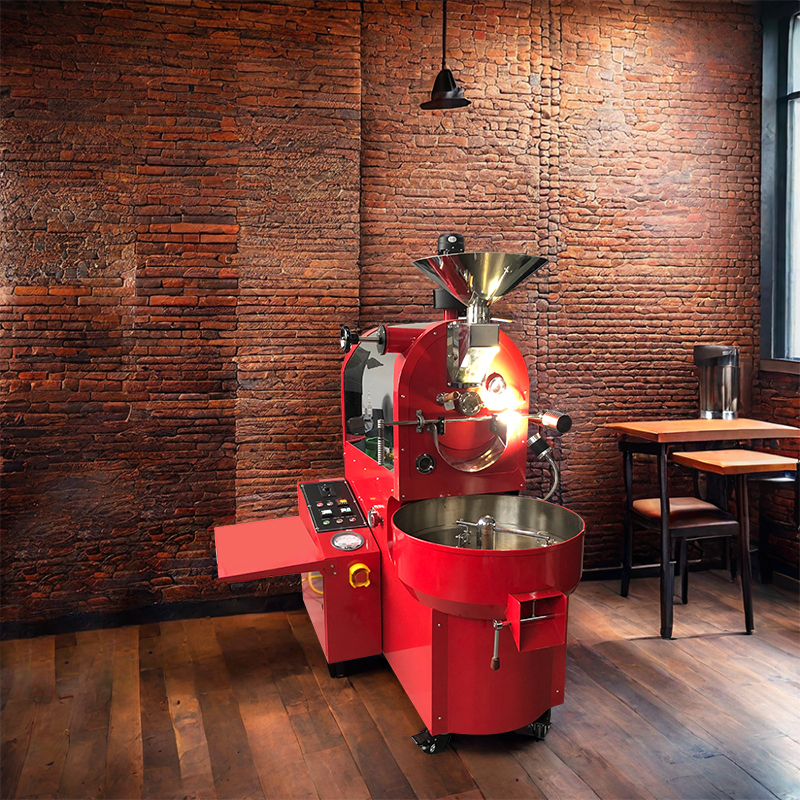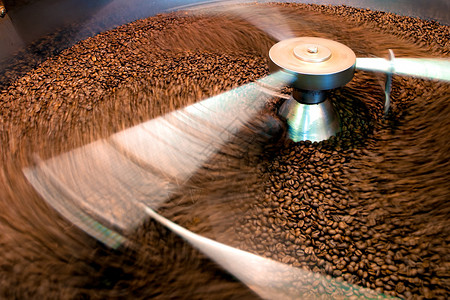In the bustling world of coffee enthusiasts and entrepreneurs, investing in a commercial coffee roaster marks a significant step toward quality and independence. However, with a myriad of options available, navigating the selection process can be daunting. Fear not! This guide presents ten expert tips tailored to simplify your journey towards acquiring the perfect coffee roaster for your needs.
Before diving into the market, introspect on your requirements. Determine your roasting capacity, desired roast profiles, and available space. This clarity will streamline your search.
Coffee roasters come in various sizes, from compact units suitable for small cafes to industrial-scale roasters for wholesale operations. Assess your anticipated volume and growth projections to select the appropriate capacity.
Delve into the intricacies of roasting technologies. From traditional drum roasters to modern fluid bed roasters, each method offers distinct advantages. Consider factors such as roast consistency, energy efficiency, and maintenance requirements.

Investigate the durability and build quality of prospective roasters. Opt for stainless steel construction for longevity and ease of cleaning. Robust insulation ensures temperature stability, crucial for consistent roasting results.
Seek intuitive controls and user-friendly interfaces. Advanced features like programmable roast profiles and data logging empower roasters to fine-tune their craft. Additionally, prioritize safety mechanisms to mitigate risks during operation.

Precise temperature control is paramount for achieving desired roast profiles. Look for roasters equipped with accurate thermocouples and responsive heating elements. PID controllers offer superior temperature stability, enhancing roast consistency.
Efficient ventilation systems are indispensable for dissipating smoke and chaff generated during roasting. Opt for roasters with integrated exhaust systems or provisions for external venting to maintain air quality in your workspace.
Post-roast cooling is essential to halt the cooking process and prevent over-roasting. Choose roasters with effective cooling mechanisms, such as perforated cooling trays or cyclone coolers, to expedite the cooling process without compromising flavor development.

Flexibility in roast profile customization empowers roasters to experiment and refine their craft. Look for roasters with customizable profiles and pre-programmed presets tailored to various coffee origins and roast levels.
Consider your budget constraints and the initial investment required. While high-end models offer advanced features and scalability, they come with a hefty price tag. Evaluate your return on investment (ROI) based on projected sales and cost savings.
Factor in ongoing expenses such as energy consumption, maintenance, and green bean costs. Opt for energy-efficient roasters to minimize operational costs and prioritize models with accessible spare parts for hassle-free maintenance.
Acquiring a commercial coffee roaster is a significant investment that warrants careful consideration. By adhering to these expert tips and leveraging your unique preferences and operational requirements, you can confidently navigate the market and select a roaster that aligns with your vision and aspirations for coffee excellence